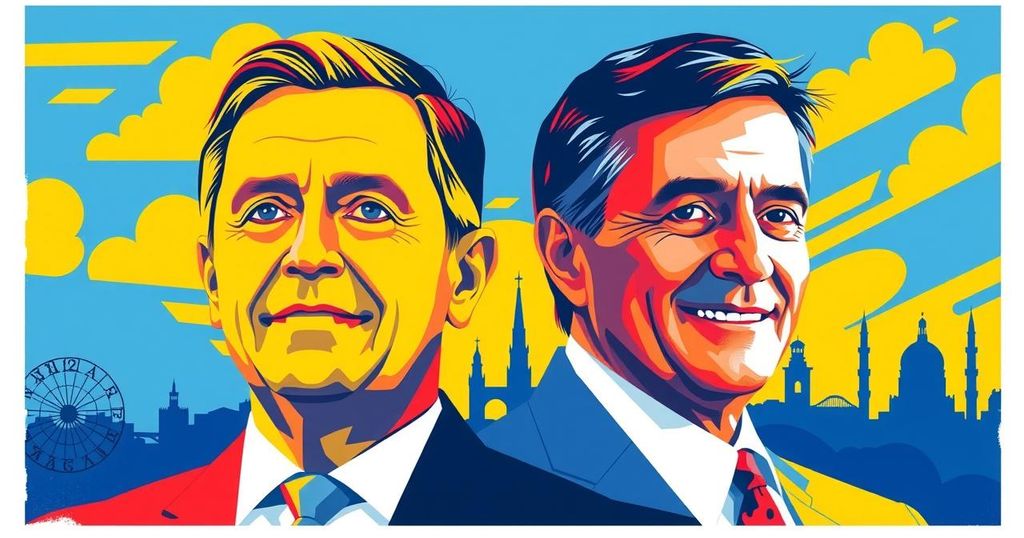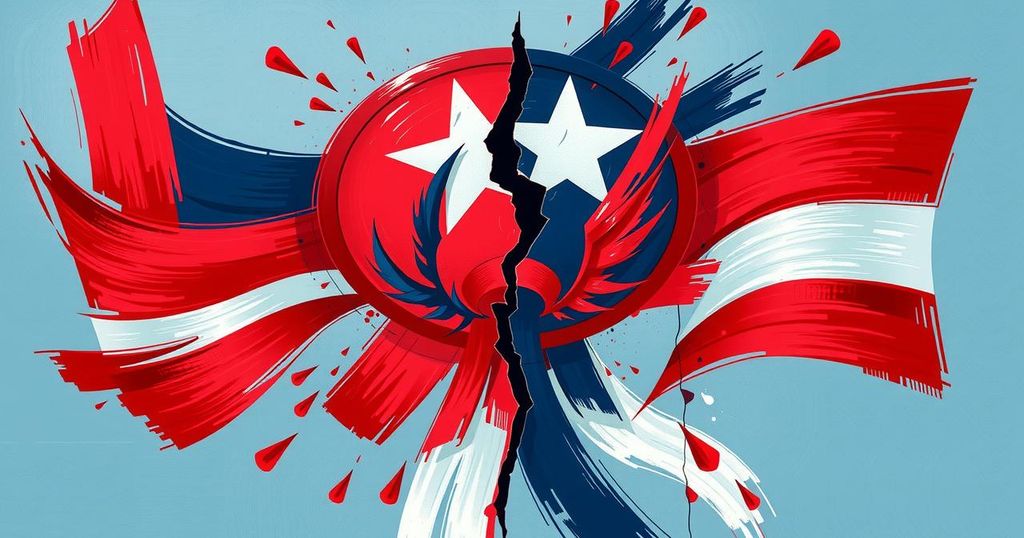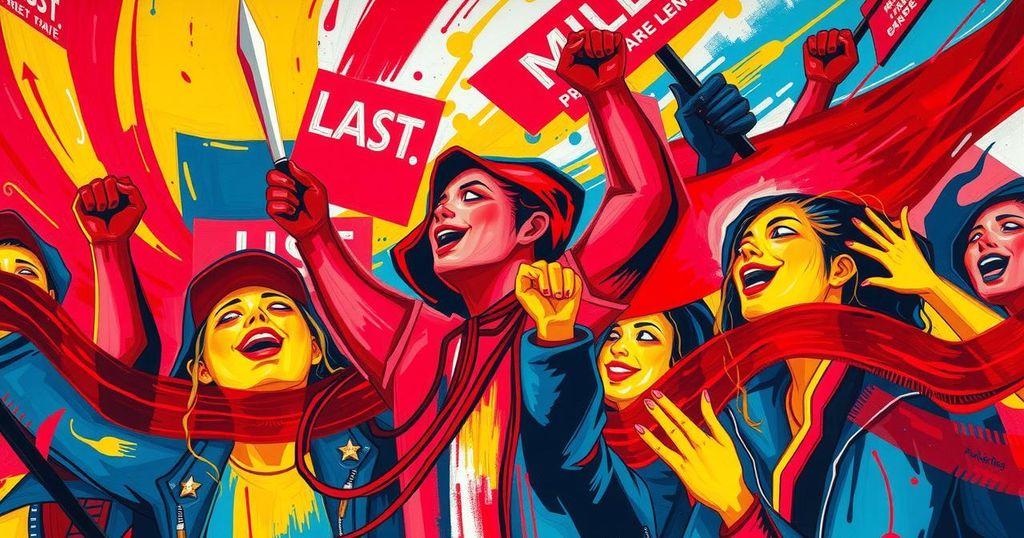Ecuador’s 2025 Presidential runoff, set for April 13, features incumbent Daniel Noboa and former Assemblywoman Luisa González, amid economic and security challenges. Both candidates secured approximately 44% of votes in the first round, necessitating alliances in a fragmented National Assembly. Key voter concerns include security, employment, and energy supply, with the region expected to grow slowly by 2025.
Ecuador’s 2025 Presidential runoff is scheduled for April 13, where voters will choose between the incumbent Daniel Noboa and former Assemblywoman Luisa González. This election occurs amid ongoing economic and security challenges facing the nation, with voters determining whether to pursue continuity or revert to the policies associated with correísmo.
The first-round vote resulted in a closer-than-expected outcome, with both candidates securing approximately 44 percent of the total votes. Noboa emerged with a narrow victory, obtaining 19,800 more votes than González out of around 13.8 million participants, which reflected an 83 percent turnout. Indigenous candidate Leonidas Iza, garnering 5 percent of the votes, remains a pivotal figure in the second round as both candidates seek his supporters, despite Iza’s refusal to endorse either candidate.
The victor will confront a fragmented National Assembly, where both Noboa’s and González’s parties have not secured a clear majority. In the recent legislative elections, González’s Citizen Revolution party claimed 67 seats while Noboa’s National Democratic Action party obtained 66 seats. To achieve a simple majority of 76 in the 151-seat Assembly, either candidate will need to establish alliances with smaller parties, particularly the Pachakutik party, which holds 9 seats.
Both candidates must address significant voter concerns related to security, employment, and the energy supply. Political analysis from AS/COA explores their respective platforms and previous performances. Notably, security expert Vanda Felbab-Brown pointed out the implications of Noboa’s hardline security measures, drawing parallels to measures implemented by regional leaders like Bukele in El Salvador.
Despite current challenges, forecasts for 2025 indicate a trend of slow but steady growth for the region. AS/COA continues to provide coverage on the upcoming elections across the Americas, highlighting key presidential and municipal races.
In summary, the Ecuadorian presidential runoff between Daniel Noboa and Luisa González presents a decisive choice for voters amid pressing economic and security issues. With both candidates finishing closely in the first round, the critical challenge lies in garnering support from other political factions to secure a governing majority in the National Assembly. As the election approaches, the focus will remain on their proposed policies and their ability to address the electorate’s primary concerns.
Original Source: www.as-coa.org




